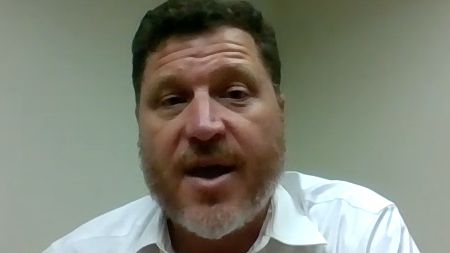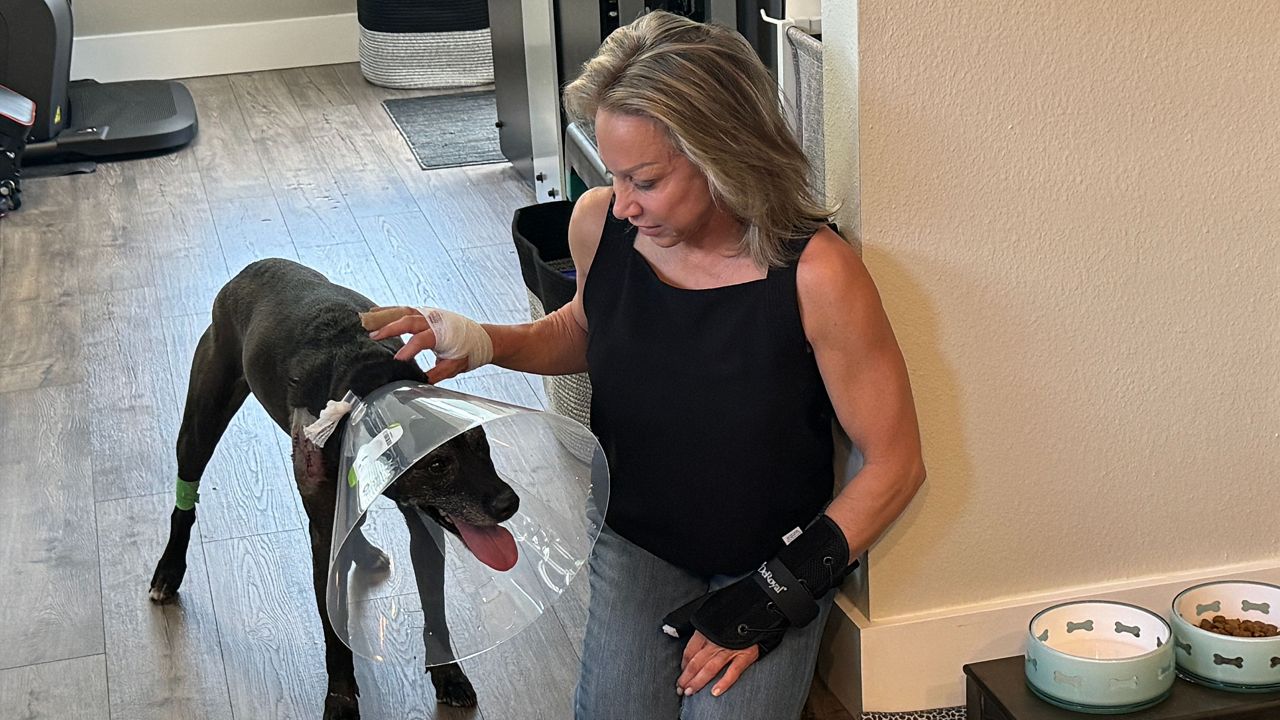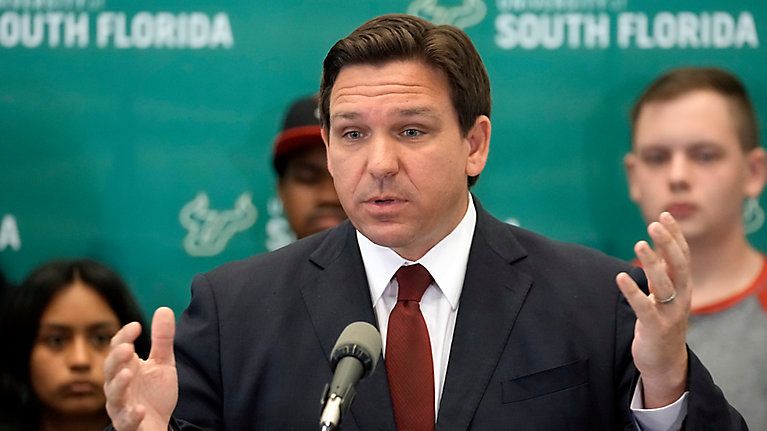Automobile insurance rates in Florida are among the highest in the nation.
What You Need To Know
- A measure (SB 54) repeals the state’s “no fault” insurance laws
- GOP state Sen. Jeff Brandes hopes that Gov. Ron DeSantis will veto it
- Tampa attorney Dale Swope says that more than 80% of Florida motorists currently already have bodily liability insurance
That’s at least one thing that advocates and opponents of the recently passed legislation overhauling Florida’s auto insurance laws can agree on.
The measure (SB 54) repeals the state’s “no fault” insurance laws and the requirement that motorists must purchase personal injury protection (PIP) insurance, and instead now requires every motorist to carry bodily liability coverage of at least $25,000 – a provision that is already the law in 48 states.
While the measure received overwhelming support in both chambers of the Legislature, critics like St. Petersburg GOP state Sen. Jeff Brandes are hoping that Gov. Ron DeSantis will veto it when it reaches his desk.
“What this bill does is raise rates on the people who are just able to afford PIP by about 40 to 70%, and that’s a pretty dramatic increase,” Brandes told Spectrum News on Thursday.

Sen. Brandes says that it’s obvious that those who currently don’t have bodily liability insurance will now see a “radical rate increase,” which is why he opposed the bill in the Senate.
Tampa attorney Dale Swope says his office worked closely with Vero Beach House Republican bill sponsor Erin Grail over the past several years on the legislation. He says that while it may require a few years before determining how many motorists premiums were reduced because of the legislation, in every other state where such a law has passed “the rates have gone down.” (One exception may be in Colorado. Swope says auto insurance rates did increase following a similar change to Florida's bill, but said that was also the same time that the state legalized recreational marijuana, making it difficult to prove causation).
The bill was sponsored in the Senate by Zephyrhills Republican Danny Burgess. In committee he cited a 2016 report by the Florida Office of Insurance Regulation that said that changing the law to a bodily-injury coverage would save motorists on average 5.6% savings.
Swope says that more than 80% of Florida motorists currently already have bodily liability insurance, so the requirement that they must now get that coverage will not lead to their premiums being raised.
Sen. Brandes says that it’s obvious that those who currently don’t have bodily liability insurance will now see a “radical rate increase,” which is why he opposed the bill in the Senate.
The process by which this major insurance reform bill passed the Legislature has also been subject to scrutiny.
Swope says that the main parts of the bill have been proposed and debated in Tallahassee for the past several years and is a “thoroughly understood bill."
Brandes strongly disagrees, saying that most lawmakers didn’t know what was in the final product.
“It radically changed from the time that it was in committee from the time it was on the floor,” he said. “It was completely re-written on the floor, and included many provisions that were never heard in committee, and frankly never scored, and so ultimately, the legislature was voting on a bill that frankly, it had not really thoughtfully considered in the committee process.”
The Personal Insurance Federation of Florida has also come out against the bill and is advocating that Gov. DeSantis veto it when it reaches his desk.









